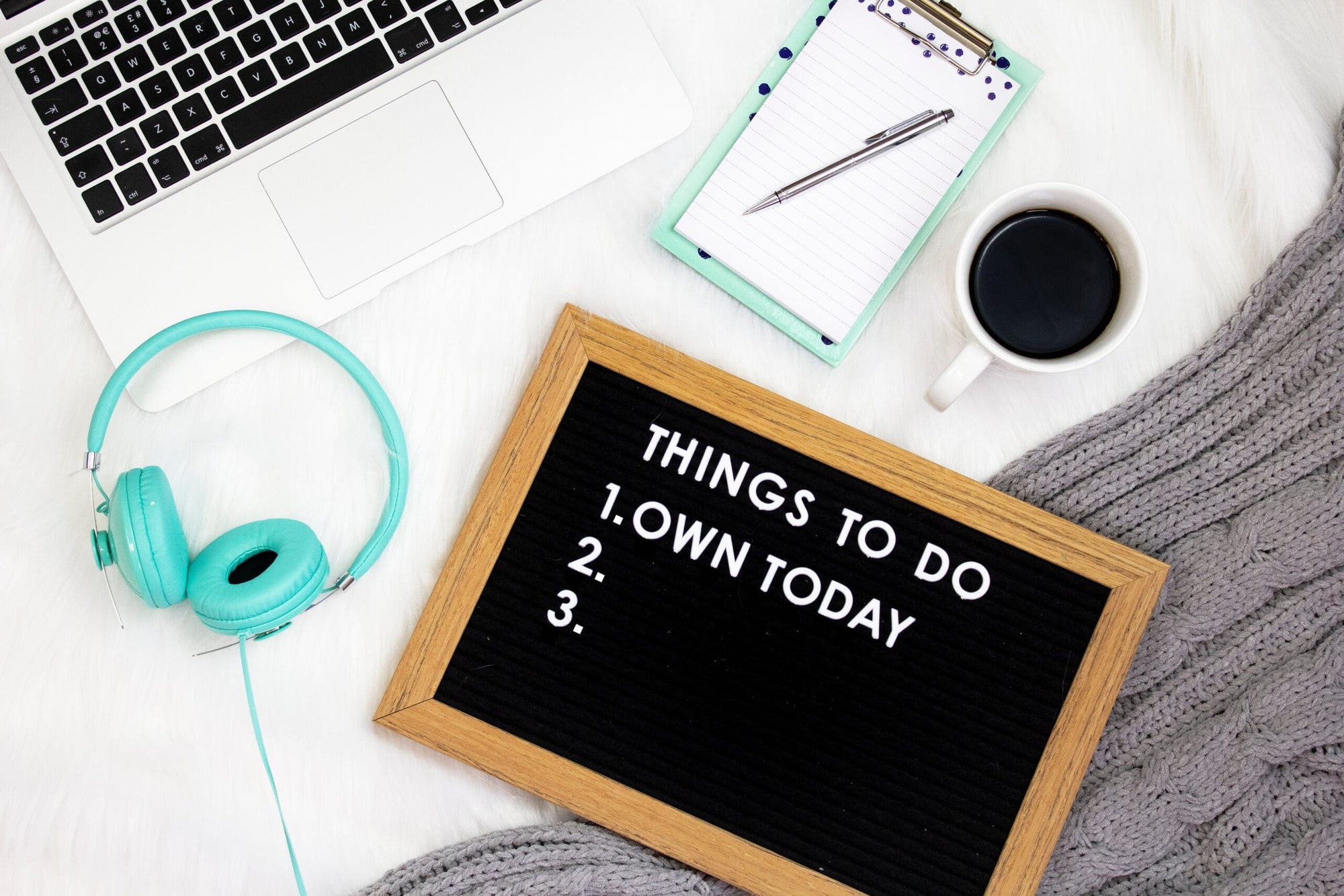We’ve all been navigating the challenges of Covid and there’s no doubt it’s taken its toll on our brain health, mental wellbeing and general health, in one way shape or form.
Juggling home schooling, WFH, risk of redundancy, health concerns and adapting to the ’new normal’ are just some of the complex challenges we are facing.
Here are some nutritional tips and lifestyle suggestions on how to improve your mood and limit the damage caused by stress and anxiety.
B Vitamins
These are essential for supporting brain health and normal functioning of the nervous system and a complex vitamin supplement can help.
In terms of your diet, aim to include wholegrains, beans, lentils eggs, fish and meat as they provide these essential vitamins.
Protein
This helps boost serotonin levels as its rich in tryptophan and zinc and help produce ant-anxiety brain chemicals.
Eat plenty of eggs, fish, chicken and quinoa as these types of food provide a complex mix of amino acids which are the building blocks of neurotransmitters like dopamine and serotonin.
Switch off
It’s easy to overcommit to work when you’re WFH so it’s important to schedule in quality downtime into your day and evening - to read, go for a walk, relax, cook or watch a movie - whatever helps you relax.
Many of us now have increased responsibilities and a new way of working and this can be taxing for our brains so it really is imperative that you switch off for your brain health and general wellbeing.
Screen time
Experiment with a social media break and forget about FOMO which is no longer relevant - seeing people holidaying or partying isn’t good for your mental health.
Social media has a tendency to make people compare their lifestyle, wellbeing, weight, happiness, etc with others and as we know, comparison is the thief of joy.
Sleep
Magnesium supplements can help with sleep and restful sleep regulates your appetite and hormone production. A bath in magnesium salts can also help sleep.
Also try to limit blue light from devices and introduce a wind-down routine to get your body and brain ready for restorative relaxation.
Magnesium
The aforementioned supplement is essential for producing energy and the production of neurotransmitters, including dopamine and serotonin.
The best sources are nuts and seeds and greens such as spinach and kale. Seafood is also good.
Essential fatty acids
These are required to help friendly bacteria in your gut do their thing. Healthy fats include avocado and salmon.
These fast acids support the efficiency of brain chemicals and hormones such as serotonin.
Keep Well
Dr Clara Russell









